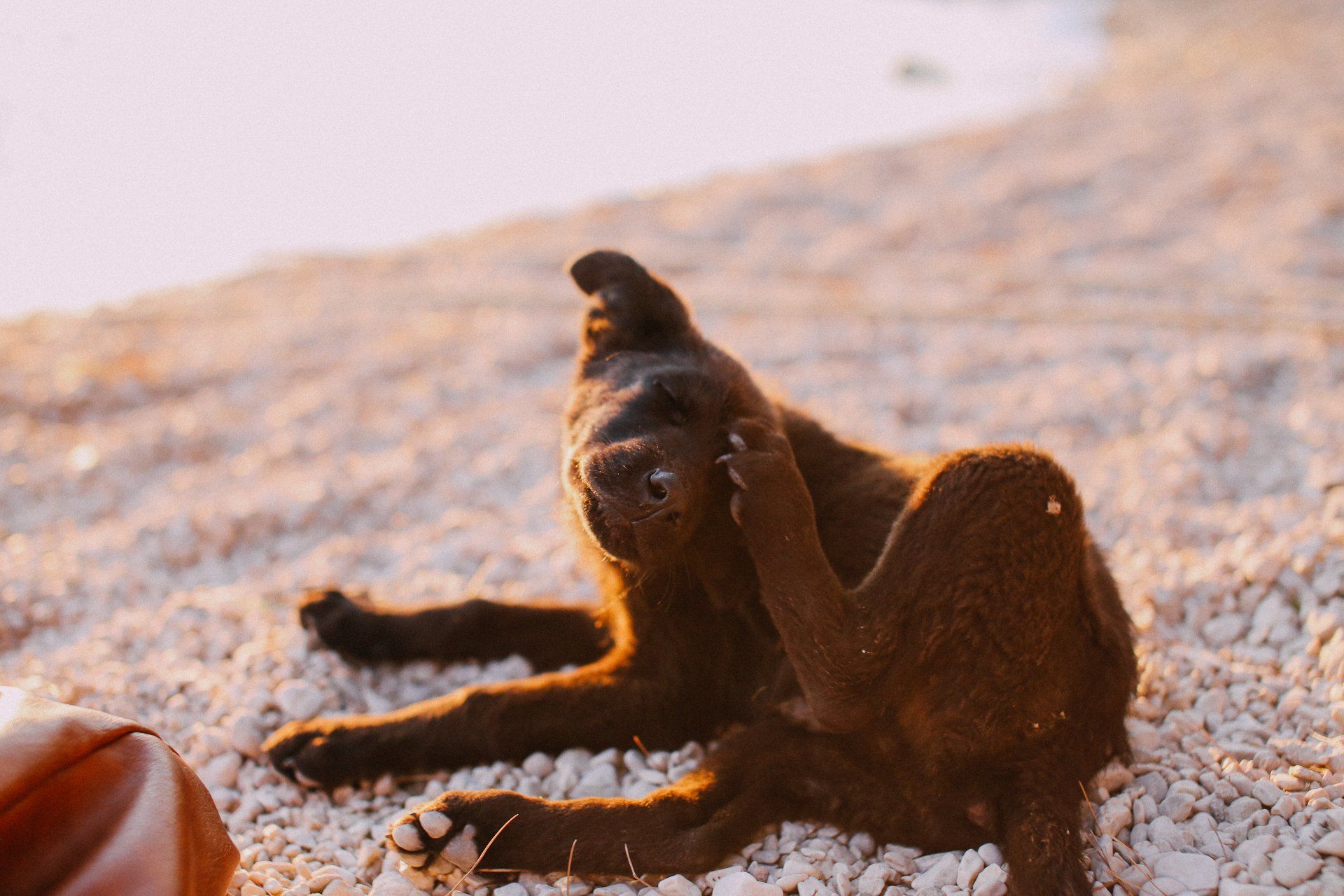COVID 19 Update 3/15/2020
Amid the rapidly-evolving news regarding Coronavirus-2019 (COVID-19), we wanted to take a moment to share some helpful information and answer some common questions regarding this virus, domestic animals and pets, and what you can do to continue to stay safe.
At this time, major world health organizations are emphasizing that the current primary concern is for human health. It is also important to know that, at this time, there is no concern regarding transmission to or from animals, and animals are not at risk for contracting COVID-19.
What is a coronavirus?
Coronaviruses are a family of viruses named for their structure, which resembles a crown, or “corona”
There are many different types of coronavirus which can infect people and animals; historically, MERS-CoV and SARS-CoV are types of coronavirus that have caused disease in humans
COVID-19 is the name for a new coronavirus that originated in China and causes respiratory disease, fever, and pneumonia in people
Can my pet get COVID-19?
COVID-19 appears to have emerged from an animal source. However, it is now spreading from among people.
At this time, there is no evidence that your pet can contract COVID-19 or that they may be a source of infection.
While there has been recent news about a dog testing “weak positive” for COVID-19 in Hong Kong, it does not mean this dog is truly positive, and no dogs in the US have been identified with the virus. It stands to reason that if pets were able to be infected, we would be hearing about it.
Are coronaviruses in other animals related to COVID-19? What about vaccines?
Many pet and farm animals have their own version of coronavirus by which they can be infected. They usually cause mild gastrointestinal illness, but some can cause respiratory disease.
Canine and bovine coronavirus cause diarrhea, and feline coronavirus can cause feline infectious peritonitis (FIP). These diseases are NOT associated with the current COVID-19 outbreak.
While there are vaccines for some animal coronavirus, they are NOT licensed for protection against respiratory infections or COVID-19, and there is no evidence that they can provide any cross-protection.
What can I do to keep myself and my pet safe?
Keep cats indoors, and keep pets with you if you are self-quarantined.
Excellent hand hygiene is the bottom line: always wash hands as much as possible, especially before and after handling any animals or pets.
Here are some practices we are enforcing to increase everyone’s safety during this time:
The lobby and all exam rooms are sanitized and wiped down thoroughly between appointments
All of our doctors and staff wash hands before and after each pet’s appointment
We are limiting the number of people accompanying a pet to the bare minimum. This keeps the number of people entering the clinic to a minimum. If you have kids with you due to the school closings, please call when you arrive and we can come out to your vehicle to get your pet.
Here are some practice you can implement to help everyone stay safe during this time:
- Reschedule if you are feeling sick or concerned. Your health is more important than that of your pet's health at this time. This also helps our staff to stay healthy to best serve our patients.
- Consider delaying routine vaccinations of pets over the age of one. Contact us and we can guide you through whether these preventatives need to be performed soon.
- If your pet has had exposure to a person infected with COVID-19 and develops respiratory illness, speak to the public health official working with the infected person. DO NOT bring the animal to the veterinarian unless instructed to do so by a public health official. Always call the veterinarian prior to bringing your pet if this situation occurs.
- Include your pets in your emergency preparedness plan - this means keeping a two-week supply of your pets’ food and medications
- We recommend you regularly check in with the CDC (Center for Disease Control) and WHO (World Health Organization) websites, as the situation surrounding COVID-19 is constantly and rapidly evolving.
For more from VWP on Coronavirus, check out the links below











